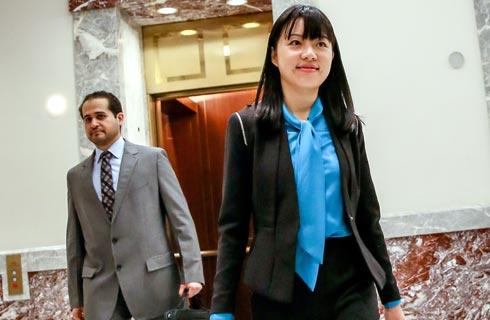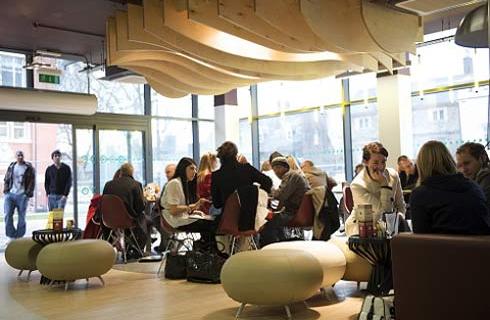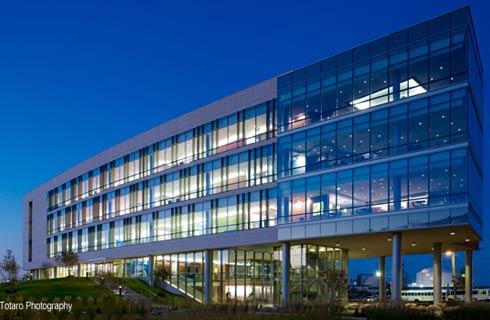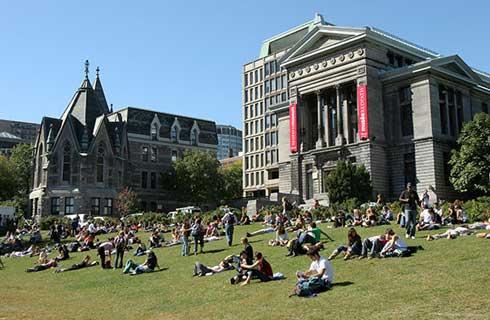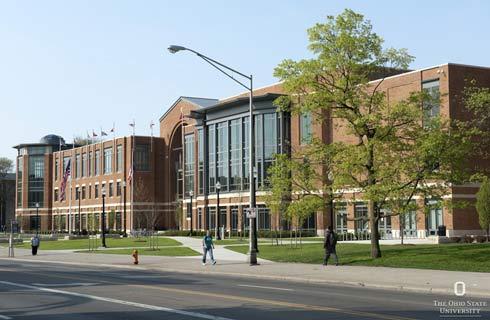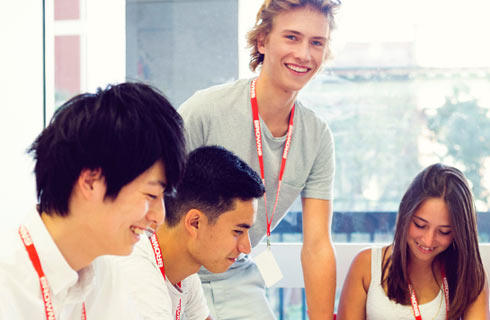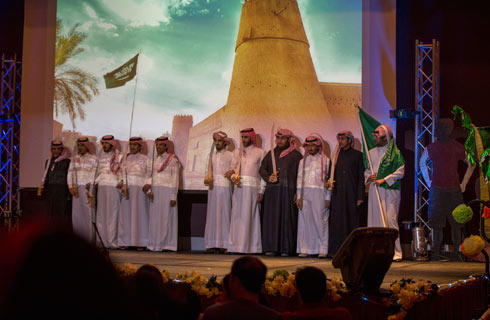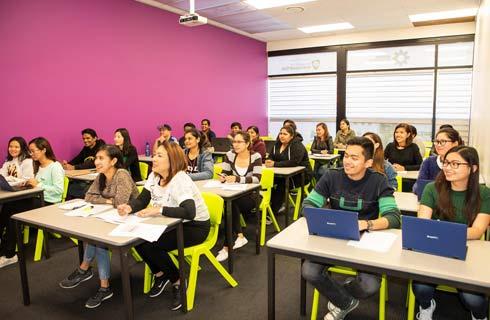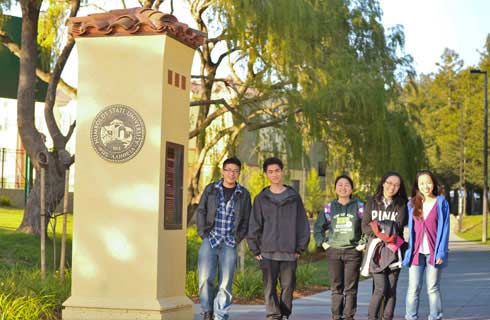课程简介
You will undertake a mathematics research project over two years (MPhil) or three years (PhD), supported by our globally esteemed researchers. The project will be shaped by your participation in research activities such as seminars, workshops, laboratory activity and fieldwork, as well as your involvement in one of our established research groups. Mathematics at Swansea hosts one of the strongest research groups in probability theory in the UK, especially in stochastic processes. Senior members of the group are world leaders in their fields. Our research groups include: Algebra and Topology, Areas of interest – noncommutative geometry, categorical methods in algebra and topology, homotopy theory and homological algebra, Analysis and Nonlinear Partial Differential Equations Areas of interest – reaction-diffusion and reaction-diffusion-convection, equations and systems, Navier–Stokes equations in fluid dynamics, Stochastic Analysis Areas of interest – functional inequalities and applications, Lévy-type processes, stochastic modelling of fractal, multifractal and multiscale systems and Mathematical methods in Biology and Life Sciences Areas of interest – mathematical pharmacology; heat and mass transfer models for plant cooling; modelling cellular signal transduction dynamics, mathematical oncology.This PhD in Mathematics at Swansea will enable you to undertake a substantial project led by you. It is a highly respected qualification which is a necessary step in a career in academia, and alsowill open a wider scope for employment in fields such as education, government or the private sector. A thesis will be submitted for assessment demonstrating original research with a substantive contribution to the subject area. The PhD title is awarded following a successful oral examination of the thesis (a viva voce examination or viva voce). You will acquire research skills for high-level work and skills and training programmes are available on campus for further support. There will be opportunities to deliver presentations to research students and staff at departmental seminars and conferences. There may also be opportunities to develop your teaching skills through undergraduate tutorials, demonstrations and seminars.
展开















